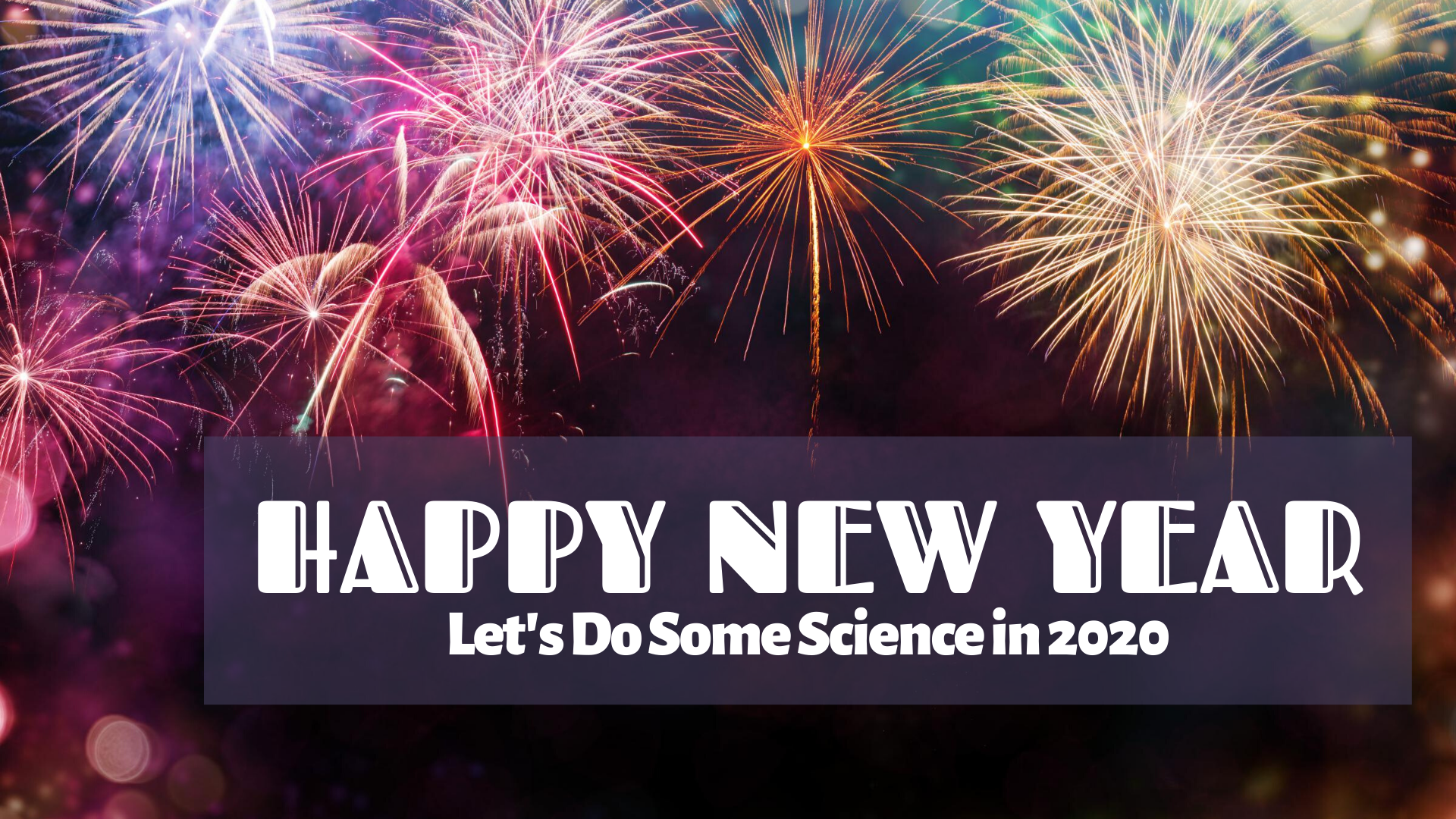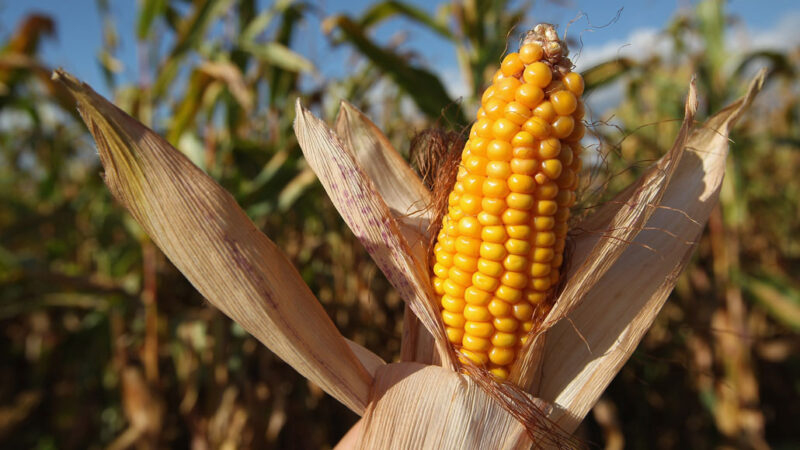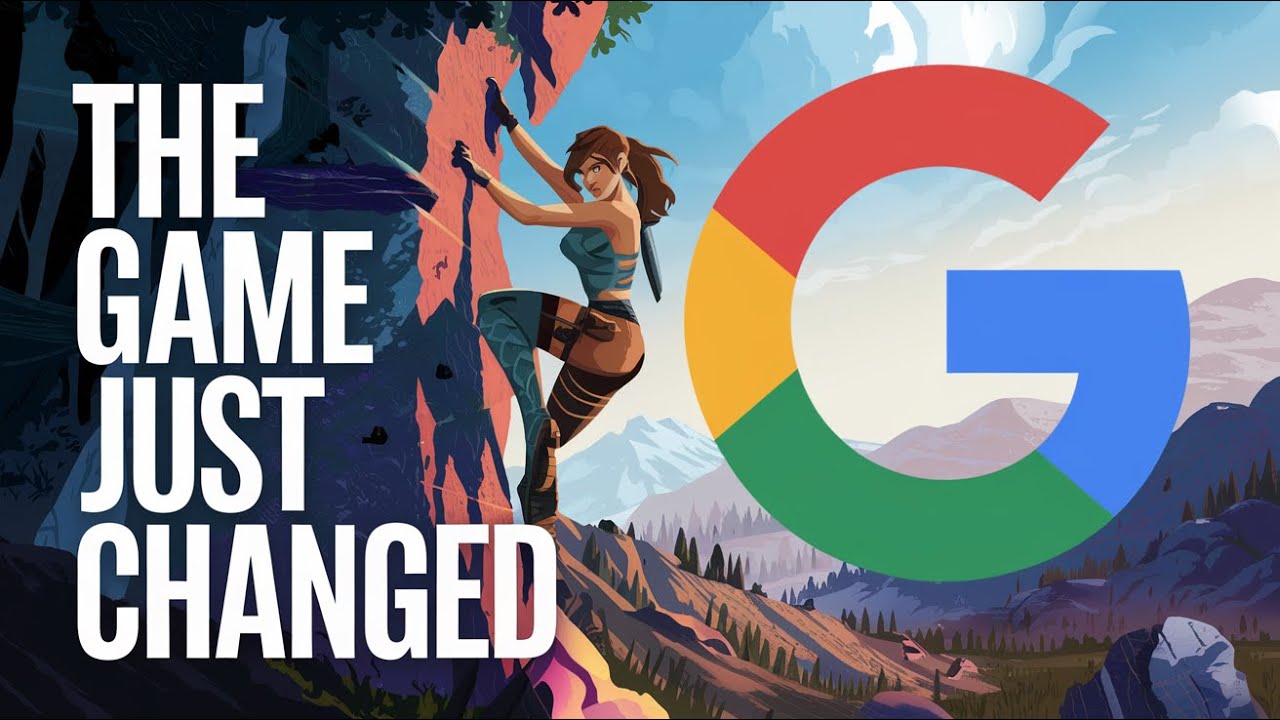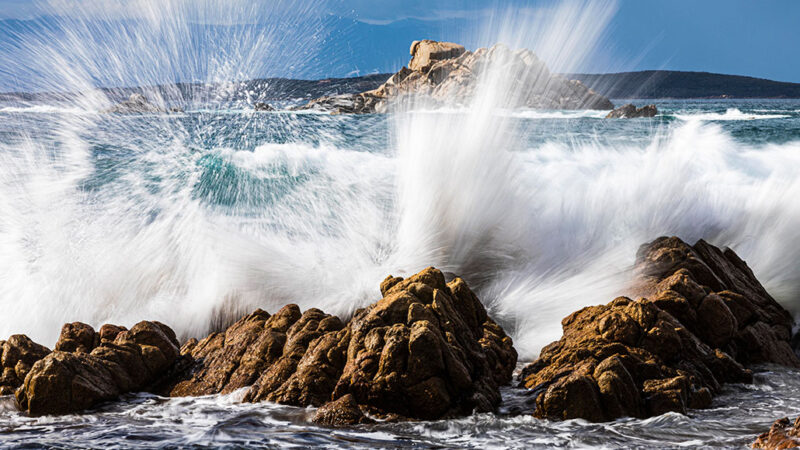Happy New Year 2020! As we say goodbye to 2019, let’s take a moment to look forward to all the science 2020 has in store for us. From missions to Mars to the anniversary of Earth Day, 2020 looks like it is going to be a great year for science!
Here at Brian Williams Science, we thought we would help get you started by giving you some dates and events that you might want to keep on your calendar. You probably can’t do it all, but we are sure that you will find something on the list that you and your children might find interesting.
JANUARY
January 2: National Science Fiction Day (Isaac Asimov’s Birthday)
January 3-4: Quadrantids Meteor Shower
January 5: Earth at Perihelion
January 5: National Bird Day
January 9: National Static Electricity Day
January 9-11: The Association for Science Teacher Education International Conference (San Antonio, TX)
January 10: Full Wolf Moon (also known as the Old Moon).
January 10: Penumbral Lunar Eclipse
January 20: World Penguin Awareness Day
January 25: National Seed Swap Day
FEBRUARY
February is National Hearth Month
February 2: Groundhog Day
February 2: World Wetlands Day
February 4: Create a Vacuum Day
February 9: Full Snow Moon (also know as the Full Hunger Moon). The first of four supermoons for the year.
February 11: National Inventors’ Day
February 11: International Day of Women and Girls in Science
February 12: Darwin Day
February 13–16: The American Association for the Advancement of Science Annual Meeting (Seattle, WA)
February 14-17: The Great Backyard Bird Count
February 16-22: National Engineers Week
February 18: National Battery Day
February 20: Introduce a Girl to Engineering Day (Girl Day)
February 27: International Polar Bear Day
February 29: Leap Day
MARCH
March is National Nutrition Month
March 1: World Maths Day
March 3: World Wildlife Day
March 3: Wangari Maathai Day/Africa Environment Day
March 4: World Engineering Day
March 9: Full Worm Moon (also known as Full Crow Moon or Full Crust Moon). The second of four supermoons for the year.
March 9-15: National Bubble Week
March 12: Plant a Flower Day
March 14: Pi Day
March 14: National Learn about Butterflies Day
March 15-March 18: National Association for Research in Science Teaching National Conference (Portland, OR)
March 16: Giant Panda Bear Day
March 16-22: Brain Awareness Week
March 20: International Earth Day
March 20: Vernal (March) Equinox
March 20: World Sparrow Day
March 21: International Day of Forest
March 22: World Water Day
March 23: World Meteorological Day
March 28: Earth Hour
March 28-April 5: NanoDays
March 31: Bunsen Burner Day
APRIL
April is Citizen Science Month
April 2-5: National Science Teachers Association National Conference (Boston, MA)
April 4-12: National Robotics Week
April 5: National Dandelion Day
April 7: World Health Day
April 7: International Beaver Day
April 8: Full Pink Moon (also known as Full Sprouting Grass Moon, Egg Moon, or Fish Moon). The third of four supermoons for the year.
April 12: Yuri’s Night
April 13: International Plant Appreciation Day
April 14: Look Up at the Sky Day
April 16: Mushroom Day
April 19-April 26: International Dark Sky Week
April 20-24: National Environmental Education (EE) Week
April 22-23: Lyrids Meteor Shower
April 22: Earth Day (US)
April 23: World Laboratory Day
April 24: Arbor Day
April 24-26: USA Science and Engineering Festival (Washington, DC)
April 25: National DNA Day
April 25: World Penguin Day
April 26: Richter Scale Day
April 27: Morse Code Day
April 28: International Astronomy Day
April 29-May 1: Nobel Prize Summit
MAY
May is Clean Air Month
May 1: Space Day
May 4: Bird Day
May 6-7: Eta Aquarids Meteor Shower
May 7: Full Flower Moon (also known as Full Corn Planting Moon and Milk Moon). The fourth and final supermoon for the year.
May 9: International Migratory Bird Day
May 11: National Astronomy Day
May 18: Kids to Parks Day
May 19: World Plant a Vegetable Garden Day
May 22: International Day for Biological Diversity
May 26: Sally Ride Day
May 26-May31: World Science Festival
May 29-30: Manhattanhenge
JUNE
June is Home Safety Month
June 5: World Environment Day
June 5: Full Strawberry Moon (also know as the Full Rose Moon and the Full Honey Moon)
June 5: Penumbral Lunar Eclipse
June 8: World Oceans Day
July 8: Math 2.0 Day
June 15: Global Wind Day
June 21: Annular Solar Eclipse
June 21: National Sea Shell Day
June 22: Summer (June) Solstice
June 22: World Rainforest Day
June 28: Tau Day
June 30: Asteroid Day
JULY
July is UV Safety Month
July 4: Earth at Aphelion
July 5: Full Buck Moon (also known as Full Thunder Moon or Hay Moon).
July 5: Penumbral solar eclipse
July 8: National Blueberry Day
July 12-13: Manhattanhenge
July 14: Jupiter at Opposition. This is the best time to view the planet.
July 14: Shark Awareness Day
July 16: World Snake Day
July 20: Saturn at Opposition. This is the best time to view the planet.
July 20: Moon Day – Anniversary of Apollo 11 first step on the Moon July 20, 1969
July 22: Pi Approximation Day
July 22: World Brain Day
July 22-24: STEM Forum & Expo
July 28-29: Delta Aquarid Meteor Shower
July 29: International Tiger Day
AUGUST
August is Children Eye Health and Safety Month
August 3: Full Sturgeon Moon (also known as the Full Green Corn Moon and Grain Moon)
August 3: National Watermelon Day
August 12-13: Perseids Meteor Shower
August 15: National Honey Bee Awareness Day
August 18: World Daffodil Day
August 19: National Aviation Day
August 20: World Mosquito Day
SEPTEMBER
September 2: Full Harvest Moon (also known as the Full Corn Moon)
September 11: Neptune at Opposition. This is the best time to view the planet.
September 13: National Peanut Day
September 16: Collect Rocks Day
September 22: Autumnal (September) Equinox
September 26: International Observe the Moon Night
September 26: International Rabbit Day
September 28: National Public Lands Day
September 29: World Heart Day
September 29: Worldwide Day of Play (WWDoP)
OCTOBER
October is National Energy Awareness Month
October 1: Hunter’s Full Moon (also know as the Full Blood Moon)
October 4: World Animal Day
October 4-10: World Space Week
October 4-10: National Metric Week
October 5: Astronomy Day
October 7: Draconids Meteor Shower
October 7-13: World Rainforest Week
October 8: Ada Lovelace Day
October 9: National Nano Day
October 10: Metric Day
October 11–17: Earth Science Week
September 13: Mars at Opposition. This is the best time to view the planet.
October 13: International Skeptics Day
October 14: National Fossil Day
October 16: Hagfish Day
October 18-24: National Chemistry Week
October 21-22: Orionids Meteor Shower
October 23: National Mole Day
October 27: Uranus at Opposition (great time to view the planet)
October 31: Full moon (since this is the second full moon of the month it is also a Blue Moon)
NOVEMBER
November is National Healthy Skin Month
November 9: Pi Celebration Day (314th day of the year)
November 11: Geographic Information Systems (GIS) Day
November 11: World Origami Day
November 15: America Recycles Day
November 17-18: Leonid Meteor Shower
November 23: Fibonacci Day
November 24: Evolution Day
November 28: Red Planet Day
November 30: Full Beaver Moon (also known as the Full Frosty Moon)
November 30: Penumbral Lunar Eclipse
DECEMBER
December 5: World Soil Day
December 6-12: National Handwashing Awareness Week
December 7-12: Computer Science Education Week (CSEdWeek) and Hour of Code
December 10: Nobel Prize Ceremony (Stockholm Concert Hall, Sweden)
December 11: International Mountain Day
December 13-14: Geminids Meteor Shower
December 14: Total Solar Eclipse
December 14: International Monkey Day
December 16: Pythagorean Theorem Day
December 19: Look for an Evergreen Day
December 21: Winter (December) Solstice
December 21-22: Ursids Meteor Shower
December 30: National Bicarbonate of Soda Day
December 30: Full Cold Moon (also know as Full Long Nights’ Moon and the Moon Before Yule)
These are just some of the exciting science events going on this year. As we discover more, we will be sure to let you know here or on the Brian Williams Science Facebook Page

















